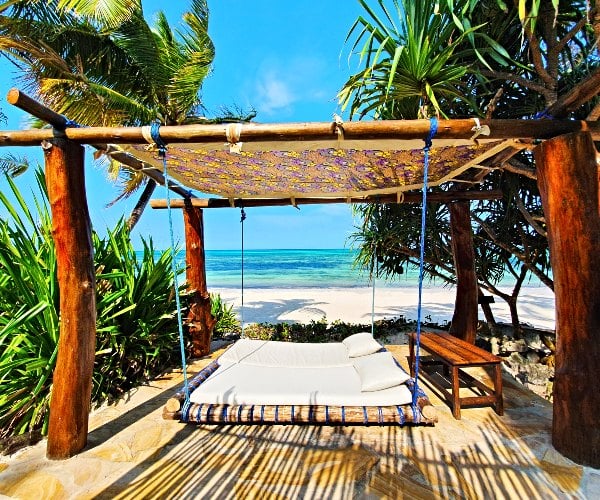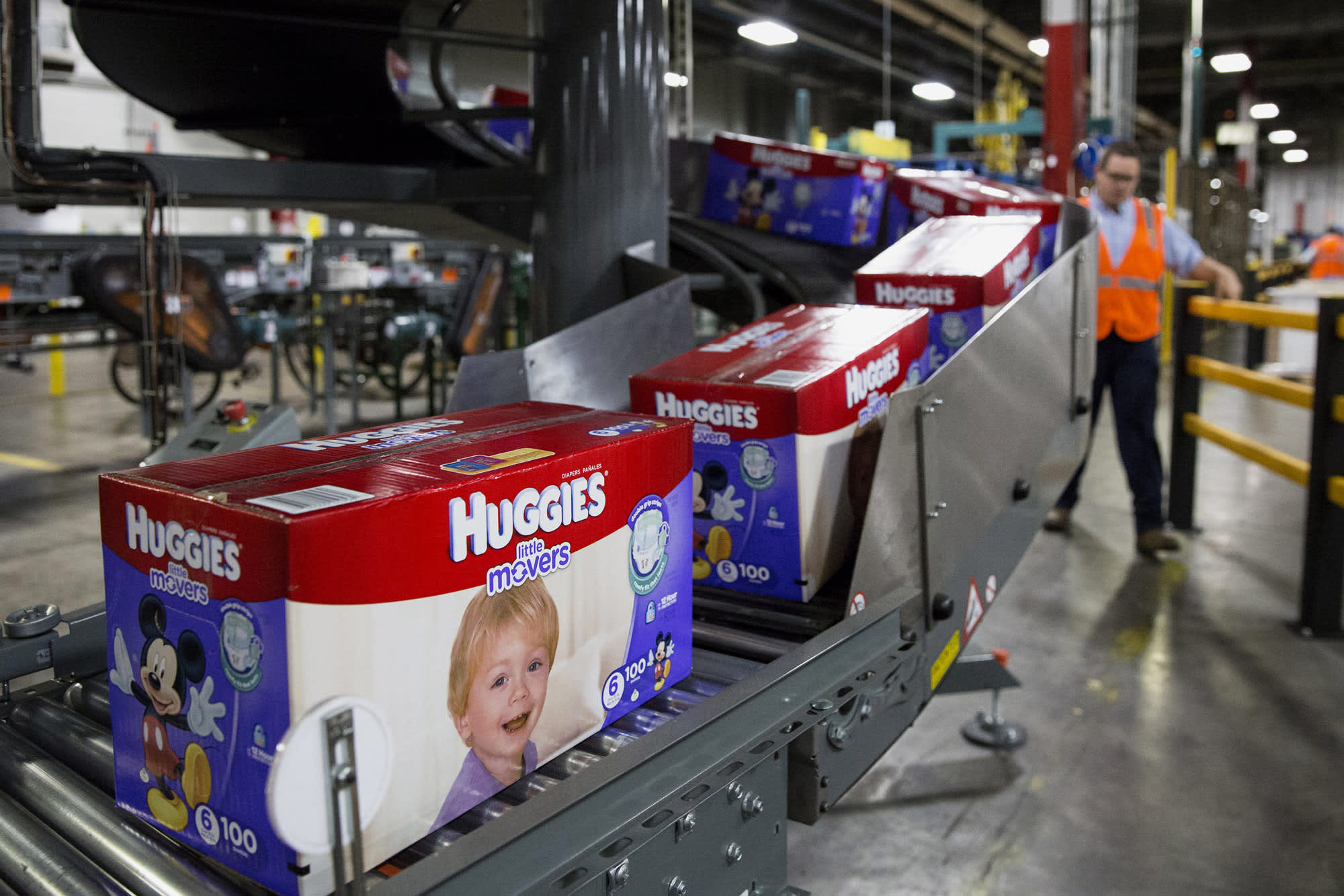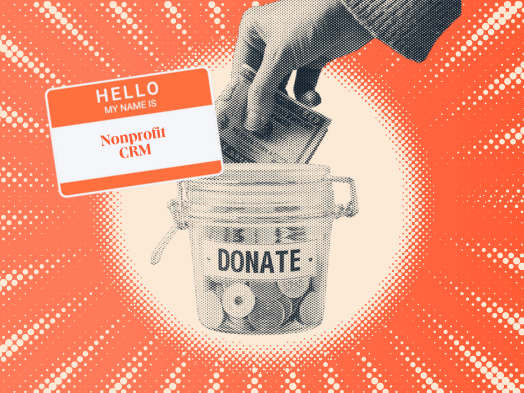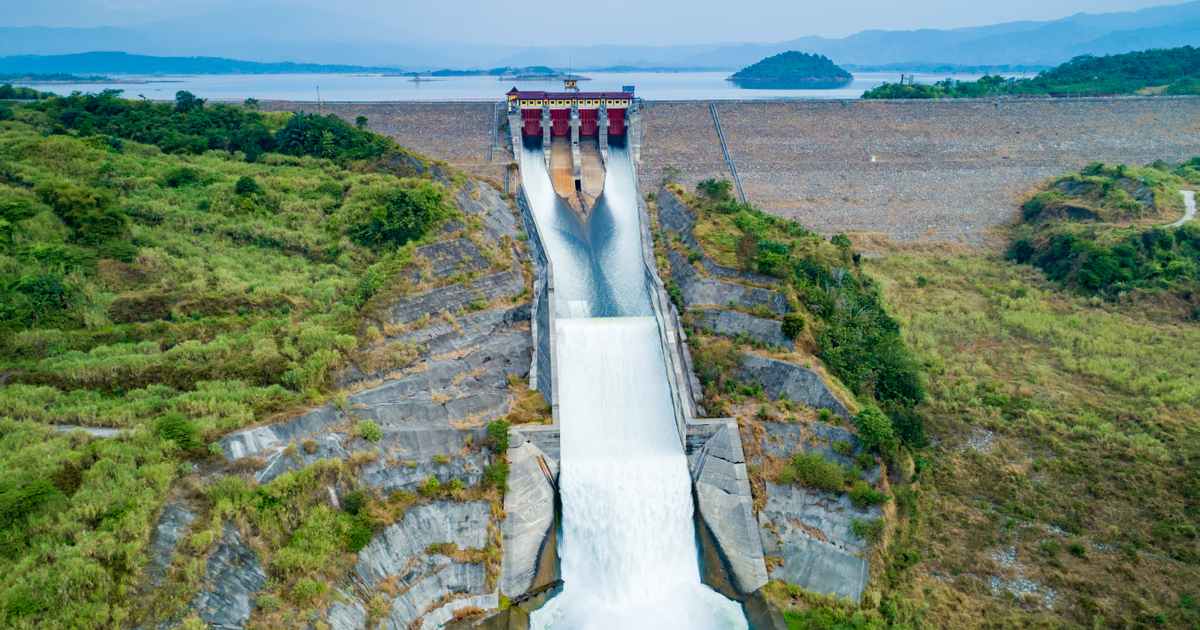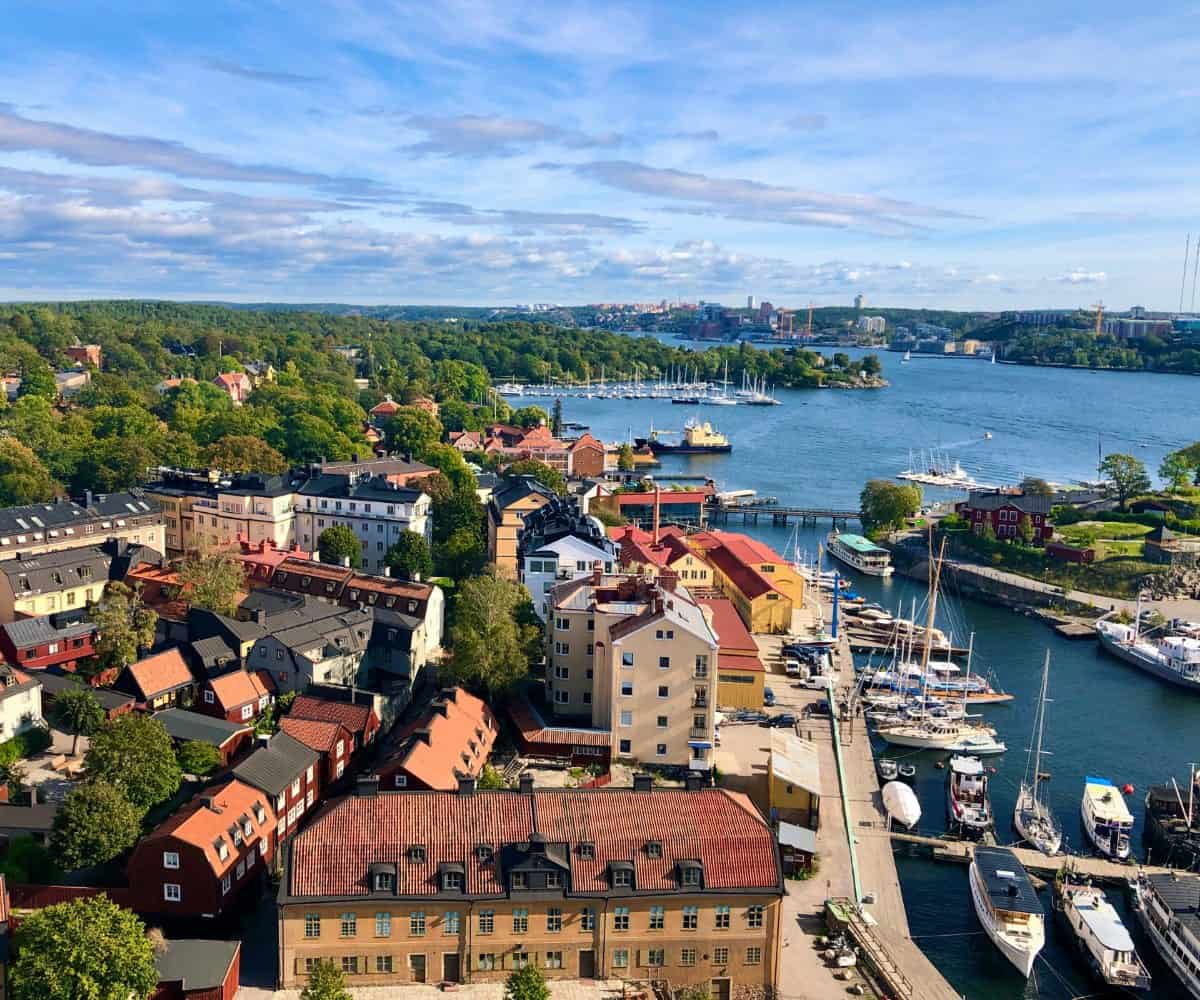Retire in Hawaii if you want a 'dream life by the beach,' says millionaire—but beware of these 3 biggest downsides
Sam Dogen's parents retired in Hawaii 15 years ago — and they love it. From health care to home-buying, he shares the both the downsides and benefits of retiring in Hawaii, along with how much money you'd need to...
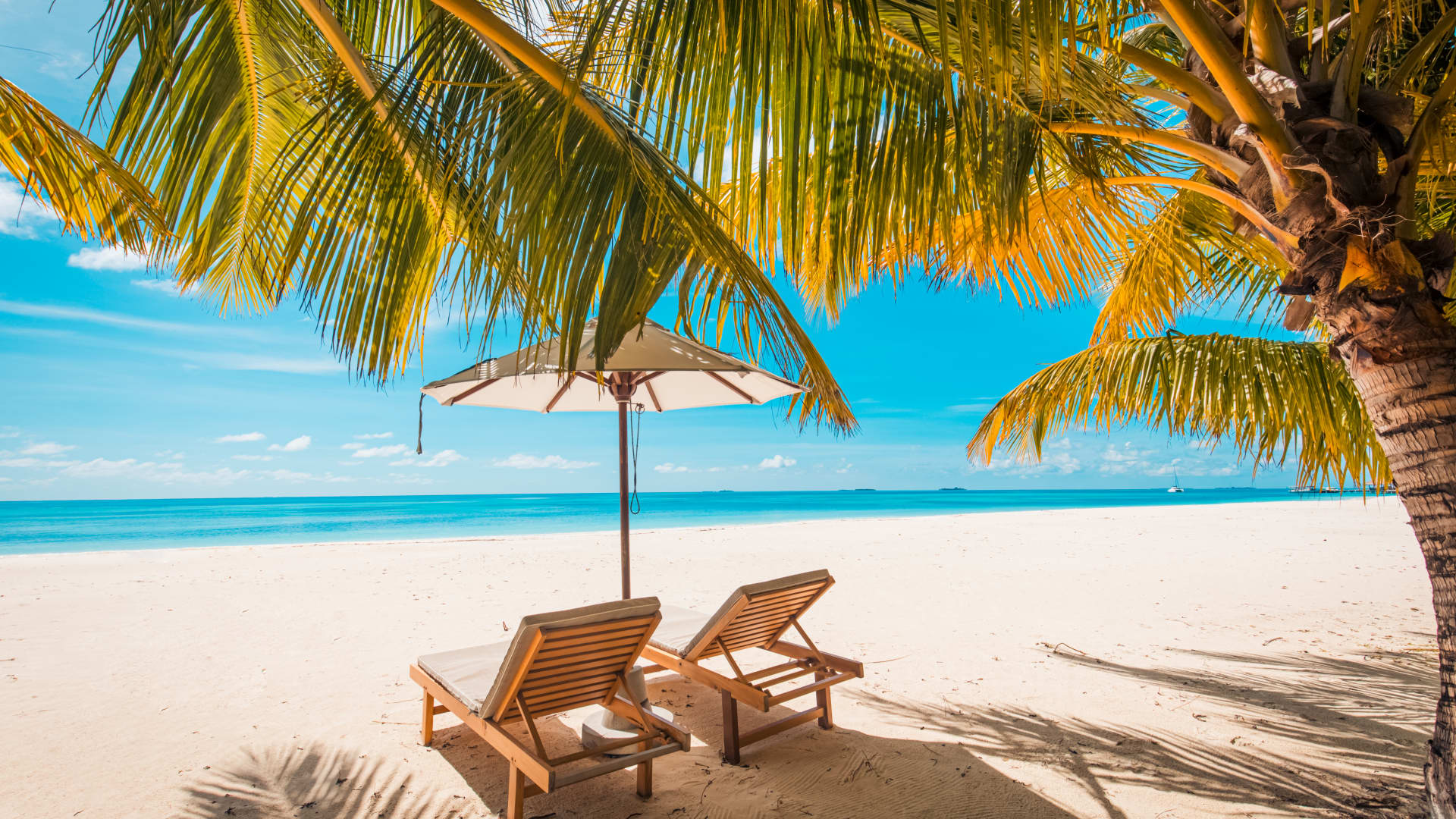
In 2012, at 34 years old, I left my investment banking job and retired early with a net worth of $3 million. Currently, I live in San Francisco with my wife and two young kids.
But since 1977, I've regularly traveled back and forth to Hawaii, where my parents have been retired for 15 years. They have a simple life with a modest budget, living off retirement savings and a government pension — thanks to the three decades they spent working in the U.S. Foreign Service.
Seeing my parents live their dream, we want to follow suit. Our plan is to move to Hawaii by 2025. Between my parents' experience and my own, I've learned a lot about the ins and outs of retiring in Hawaii.
Our consensus is that it's a wonderful place to spend your post-working years and live a dream life by the beach — although there are still a few downsides to keep in mind.
How much money do you need to retire in Hawaii?
Hawaii was ranked ranked in the top five states where Americans want to retire most. But it also has the highest cost of living in the U.S.
Many financial experts suggest maintaining a 4% withdrawal rate to ensure that your investments last throughout retirement.
The median household income in Honolulu County, for example, is $88,000. If someone wanted to withdraw that $88,000 from their assets each year, they'd need about $2,200,000 in investments to withdraw at a rate of 4%.
But that's just one example. How much money you need depends on where you'd like to live, your standard of living and your expected income.
If you can comfortably live off $42,500 a year, have a pension or can file for Social Security, you can have a lower net worth and less income-generating investments at the beginning of your retirement journey.
The downsides of retiring in Hawaii
Before you start your beach retirement plan, beware of these three biggest downsides first:
1. High cost of housing
As of June 2022, the median single-family home price in Honolulu is $1,050,000. Meanwhile, the median price for a condo on Oahu, which is considered a great place to retire on a budget, is currently $535,000 — up 16% from June 2021.
If you want to retire in Hawaii, consider buying a small condo or rent, rather than purchasing a single-family home. The average rent for a 594 square foot apartment is roughly $2,042, according to RentCafe.
2. Expensive groceries and gas
According to a 2021 report by the Missouri Economic Research and Information Center, Hawaii's grocery prices are the highest in the nation.
For example, I've paid $8.99 for a gallon of whole milk on Oahu, whereas in San Francisco, it's about $6. And while Hawaiian-grown mangos are delicious, they can cost about $6 each!
Further, if you like to drive, Hawaii has unusually high gas prices. The average price per gallon in the state today is $5.41 and is continuing to rise, according to AAA, while the national average is $4.03.
3. You may feel claustrophobic
It only takes about four hours to drive around the 597 square miles of Oahu. Although the island does hold about one million people, in my experience, it can still feel small.
And with the pandemic continuing to make air and ship travel unappealing, it is possible that could feel a bit stuck at times, without those options at your disposal.
The benefits of retiring in Hawaii
Yes, it's expensive. But if you're curious what it could be like to retire in Hawaii, here are some surprising perks:
1. Less stress and top health care
Hawaii was ranked second in terms of happiness and well-being in a 2021 study from health care company Sharecare.
My parents worked in Washington D.C., Paris, Guangzhou, Kobe, Taipei and other big cities before retiring in Honolulu. They've found their Hawaiian lifestyle to be incredibly relaxing compared to all the other cities they've lived in.
2. Top-rated healthcare
The United Health Foundation also ranks Hawaii as the third healthiest state in the country. And according to U.S. News' list of Best States for Health Care, Hawaii takes the top spot.
I'm not surprised. Hawaii has beautiful weather nearly year-round, public beaches and parks, a variety of locally grown and raised food, and great access to preventive medical and dental treatment.
If you're looking for a more healthy and active lifestyle, you can certainly find it in Hawaii.
3. 'Ohana' means family
An important part of Hawaiian culture is the care and nurturing of family and friends, or "ohana." I've observed that nearly everywhere you go, whether it's to a restaurant or to the mall, things are set up to be a family-friendly experience.
Plus, it's not uncommon to have multiple generations under one roof in Hawaii. While my wife, children and I probably won't live in my parents house, we hope to rent or buy nearby.
4. Tremendous diversity
Hawaii topped the list of states that have the most diverse population in the country, coming ahead of California and Nevada, according to data from the U.S. Census Bureau.
5. Decent tax advantages
Hawaii ranks as having one of the lowest property tax rates in the country, at an average of only 0.28%. If you have a Federal pension, it's exempt from state income tax. And the sales tax rate is a reasonable 4% to 4.5%, versus 7.25% to 8.25% in California.
However, Hawaii also has one of the highest state income tax rates, topping out at 11% if you make over $200,000. If you make between $48,001 and $150,000, you pay a state income tax rate of 8.25%.
Why I want to retire in Honolulu
For my family, moving to Honolulu will actually save us money. The median San Francisco home price is about $1,633,650, much higher than in Honolulu.
If we move, we'd sell our home here and pay cash for a property in Honolulu that's around 40% cheaper. We'd then reinvest the house savings into real estate crowdfunding, dividend stocks and REITs to boost our passive income for retirement.
Instead of needing $300,000 a year in passive investment income to fund the the lifestyle we desire, $150,000 to $200,000 is probably plenty in Honolulu.
But more than that, with my parents in their 70s, I'd like to spend as much time with them as possible. Hawaii just feels like home.
Sam Dogen worked in investing banking for 13 years before starting Financial Samurai, his personal finance website. His new book "Buy This, Not That: How to Spend Your Way to Wealth and Financial Freedom" is out now. Follow him on Twitter @financialsamura.
Don't miss:
Thinking of leaving the U.S.? What this 64-year-old wishes she knew before retiring in Mexico—on $1,000 a monthPsychologists say this simple exercise can help you retire and get healthy faster: ‘Now is the best time to do it’I retired at 34 with $3 million—here are 5 downsides of early retirement that no one tells you
 Koichiko
Koichiko 










